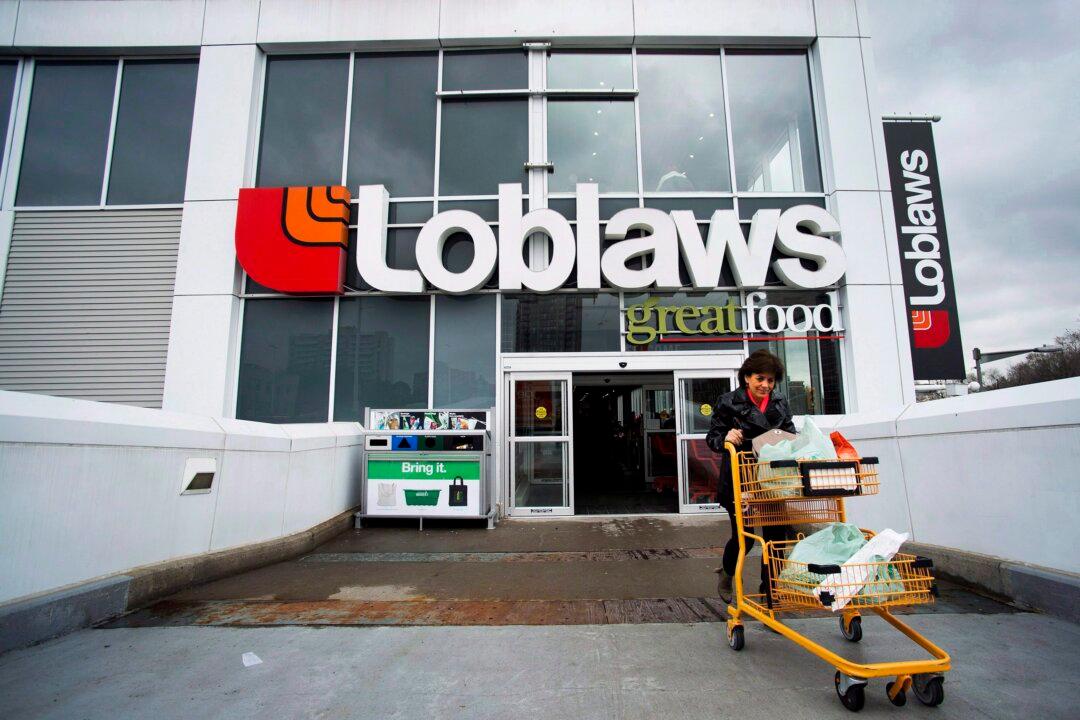Grocery giant Loblaws has issued an apology after reports some of its stores were selling underweight meat, a year after the Canadian Food Inspection Agency (CFIA) first dealt with the matter.
The selling of underweight meat was first reported in 2023 by Winnipeg Lake resident Iris Griffin, who noticed a difference between the store package weight and how much meat she received. That led to a complaint to the CFIA.





